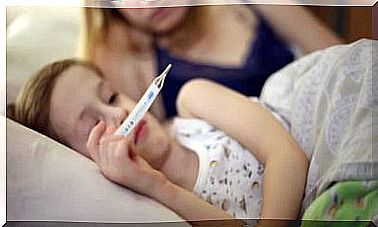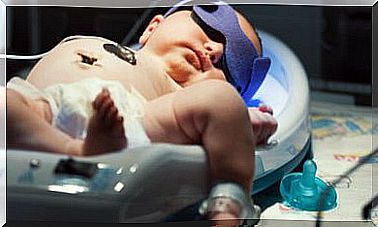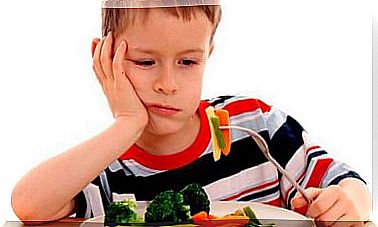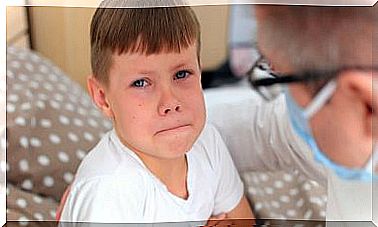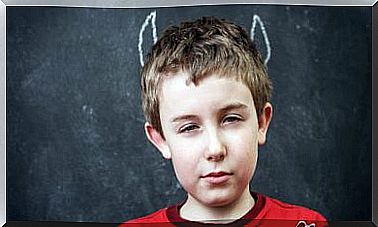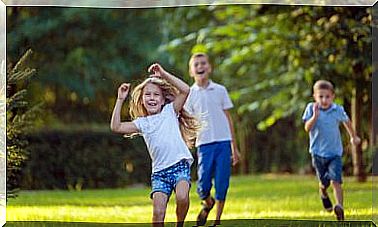Other Good Habits To Teach Your Children
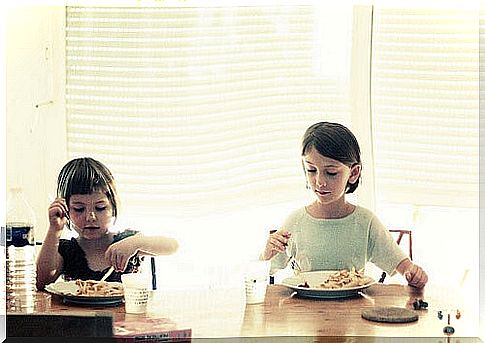
During childhood we acquire the habits that will accompany us throughout life. That is why we present you some good habits that you can instill in your children.
By doing so, you will not only be benefiting them in the present moment. You will also be sowing a legacy that will help them enjoy healthier relationships as adults.
Some good habits to teach your children
1. When you are talking on the phone and if you are calling, you must introduce yourself and identify yourself before asking for the person we are requesting. The most appropriate thing is to say hello and say the name.
2. No matter what gift you receive, whether it is large or small, whether it is the toy you were expecting or a handwritten note, words of appreciation must be expressed because someone took the time to create this gift for us.

3. There are certain stages of childhood when children use uncomfortable words for a social situation, and although this may be normal when the child is very young, they must be taught that many words are not appropriate for interacting politely with children. the rest.
4. Offensive nicknames should not be used to refer to other people, regardless of whether they are children or adults. The only acceptable names are those that have an affectionate connotation and do not bother the recipient.
6. When we are in class or in front of a person who addresses us to inform us about something, we must remain silent and pay attention. You can learn a lot from each of these situations and when we are in that place, it is nice to be heard.
7. If you are walking, running, or paying attention to something else and you accidentally bump into someone, you should always offer excuses.
8. One of the most common habits in young children is sticking their fingers up their little noses. As they grow older, they must be taught that this is not a behavior to be engaged in in public. They should also know that when sneezing or coughing they should cover their mouth.
Other good habits that children should acquire
9. When another person kindly requests a favor and there is no impediment to do so, the most correct thing is to do it with a smile and without derogatory gestures that denote a bad attitude.
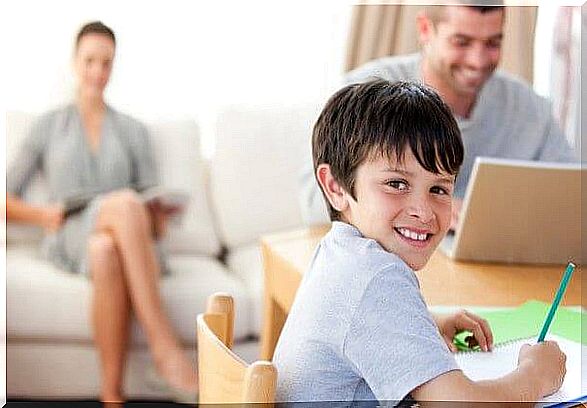
10. It is important to teach them to use table utensils properly. Little by little, as they grow, you can show them what the function of each cutlery is and how to use it appropriately. When they are adults they will thank you.
11. When arriving at a place it is necessary to wait for the host to invite us to enter his house, especially when there is no special trust with the person. You must learn to differentiate when you enter your own house or that of your grandparents and when you go to a friend of the family.
12. Avoid calling adults by name is one of the rules of etiquette that children can know from a young age. Throughout life we will need to stick to social conventions, so doing it from a young age will be useful for them.
13. Good behavior at the table is another of the good habits to teach your children. Ask them to sit properly, not to leave the table without having requested permission to do so, and to use objects such as the napkin appropriately. Encourage their good behaviors so they continue to do so.
14. Do not leave a place without first saying goodbye to all the people with whom it was shared, it is another very simple gesture that indicates courtesy and good manners.
15. The last of the habits we will talk about is responding with respect to questions and suggestions made by other children and adults. Being silent when asked something establishes social distance and denotes antipathy.
What is learned well is never forgotten
As parents we have a responsibility to provide our children with a proper education. All the habits, manners and customs that they learn at home during their childhood will become part of their personal repertoire. That is why it is important to make an effort and pay attention to this aspect.
Talk to them; explaining why it is important to act in a certain way will always be much more beneficial than forcing them to obey. And above all, don’t forget to lead by example.

